From nugget.ca link to article by Michael Lee, December 13, 2019
The province will remove its limit next year on the total number of cannabis stores allowed in the province as part of a broader move to try to expand the retail market.
The province announced Thursday it will disband the current lottery system, as well as the process governing First Nations applications, on Jan. 6 and allow anyone interested in applying for a retail operator licence to do so from that date.
Ontario’s 93-store cap also will be lifted as of March 2, at which point the province’s cannabis regulator, the Alcohol and Gaming Commission of Ontario, will begin accepting applications for retail store authorizations from all interested applicants.
A statement from the province said store authorizations from the open application process are expected to be issued beginning in April, at an initial rate of approximately 20 per month.
Licensed operators may have up to 10 stores until September 2020, up to 30 until September 2021, and up to 75 after that.

“It was always intended to be an open market from Day 1,” Nipissing MPP and Minister of Economic Development, Job Creation and Trade Vic Fedeli told reporters following a funding announcement Friday at Resolution Machining in North Bay.
Fedeli pointed to issues such as a lack of supply at the outset of legalization in October 2018 and the province’s decision to allow online sales only at first before proceeding to two lotteries. A first-come, first-serve process also opened for applications on First Nations.
“Now we’re confident that the federal government finally got their act together and has a supply stream,” he said. “We’re confident that we can go to our plan, which was always to open the market.”
As of Friday, 25 stores have been authorized to open in the province.
An application brought forward by a Toronto lawyer for a shop under the Tokyo Smoke brand is making its way through the required public notice period, which will end Dec. 16.
One application on Nipissing First Nation is still in progress. Another five applicants who were invited to apply had not submitted applications as of Friday.
“I don’t think it changes anything for us First Nations other than it allows an opportunity for more of our retailers to fall under the provincial model, which is still the problem,” Nipissing First Nation Chief Scott McLeod said.
McLeod has been pushing for changes to be made at the federal level that will give First Nations greater jurisdiction over cannabis.
Nipissing First Nation has since passed its own Cannabis Law, which sets the legal age to purchase cannabis at 21.
McLeod says with “strong allies” from the NDP, he hopes more work can be done to bring those changes under a Liberal minority government.
However, he says having to answer to the province is counter-productive and insulting to First Nations, especially those that have done the work to be able to manage their own lands, with communities acting as tax collectors for the provincial government.
“So instead of putting those dollars to programs, health programs … in our community it goes to the province, so it’s not a fair, equitable model for us to be under.”
Under the provincial changes, licensed producers also may now own or control up to 25 per cent of a corporation holding a cannabis retail operator licence, an increase from 9.9 per cent previously.







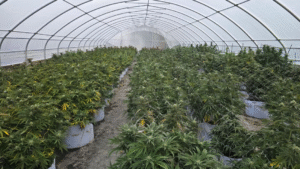
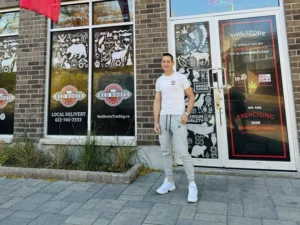
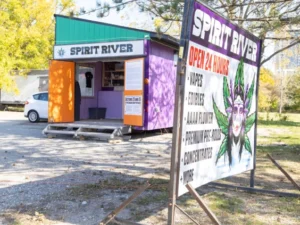
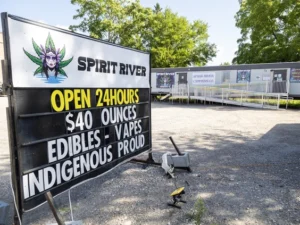

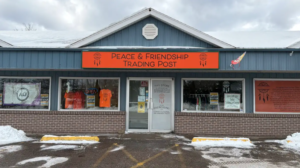
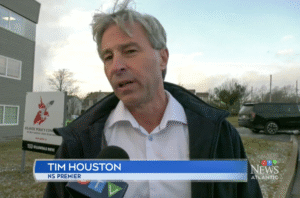

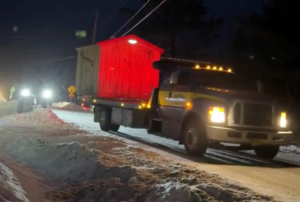



Comments are closed.